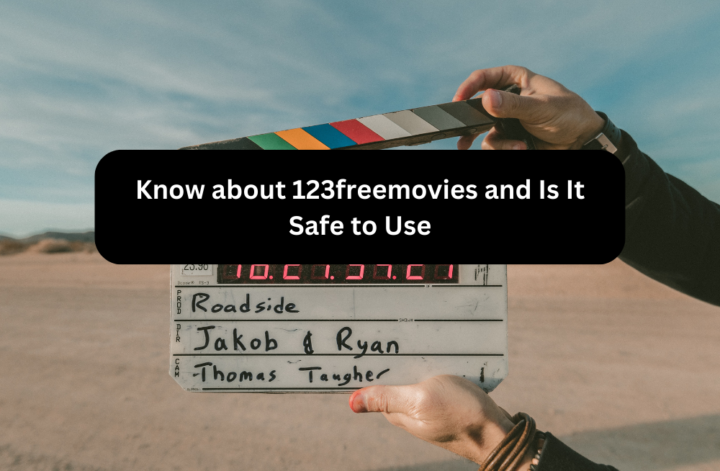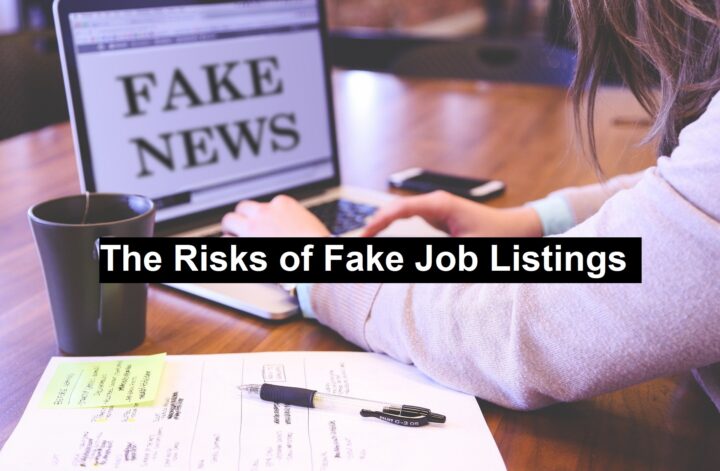Cyber defamation is a form of online bullying where someone posts false information about another person online. It’s often done anonymously and without any consequences.
In today’s world, we live our lives online. We share photos, videos, and even private details with friends and family. But what happens when someone else shares something negative about us online?
Cyber defamation is a growing problem because it has become very easy to spread lies about others online. Well, there are few defamation case law. And unfortunately, most people aren’t aware of how suing for defamation. Well there are kinds of Cyber Defamation examples of slander.
But luckily, there are ways to get rid of cyber defamation like defamation case law once and for all. In this article, We will discuss cyber defamation like examples of slander and help you fight back against the bullies who try to ruin your reputation.
Defamation case law
The first thing you need to know is that defamation case law varies by state. Some states have specific defamation case law on defamation while other states don’t. However, in general, defamation case law protects an individual’s right to speak freely and criticise their government or business leaders.
For example, if someone makes a statement about you that could harm your reputation, you may have grounds to suing for defamation of character. If they say things like: “You’re a terrible employee” or “Your company is going bankrupt,” then you might have grounds to suing for defamation.
However, if someone says something like: “I think you’re a bad parent” or “I heard you cheated on your taxes,” then you probably won’t have grounds to suing for defamation of character.
Types of cyber defamation
There are three main types of cyber defamation: libel, slander, and invasion of privacy.
Libel cyber defamation is defined as written material that accuses someone of doing something wrong. Slander is oral material that accuses someone of wrongdoing. Invasion of privacy is anything that violates someone’s right to keep personal information private.
Examples of libel cyber defamation include posting a picture of someone on Facebook with the caption: “She looks like she needs some help!” This would be considered libellous because it implies that the person is mentally unstable.
Slander cyber defamation includes making up stories about someone. examples of slander, saying that a celebrity was arrested for shoplifting. This would be considered examples of slander because it falsely accuses someone of committing a crime.
In order to qualify as examples of slander under the law, the statement must be false. However, there is a legal exception for what is known as “opinion.” This allows you to say things like “I think he cheats,” even though you don’t really believe that. You’re just expressing your opinion about him.
You can also make claims about people without actually saying anything negative about them. For example, you could tell someone, “He’s such a jerk!” Or you might ask, “Do you know anyone else who works here?” These kinds of statements aren’t considered examples of slander because they’re not meant to hurt anyone’s feelings. They’re simply expressions of opinion.
However, if you claim something about another person that isn’t true, and you do it either to damage their reputation or to cause them emotional pain, then you’ve committed slander. If you make these kinds of statements about a public figure, you have to prove that the person knew the statement was false or acted recklessly in making it.
Suing for defamation of character
You cannot sue for defamation of character unless what he says about you causes “special damages,” such as loss of income, damage to property, or injury to reputation. In addition, the plaintiff must prove that the defendant acted with actual malice, meaning that his words were spoken with knowledge that they were false or with reckless disregard for whether they were false or not.
However, there are some exceptions to suing for defamation of character rule For example, a person whose name appears in a newspaper article might be suing for defamation of character even though the article does not contain any false information about him. This is because the publication of his name alone could harm his reputation.
Also, certain types of publications, including books, magazines, newspapers, radio broadcasts, and TV news programs, are considered to be public figures. If a person makes a false statement about another public figure, he or she can be suing for defamation of character without having to show special damages.
The same applies to people who are employed in government positions, like judges, prosecutors, police officers, and members of Congress. These individuals usually have very high profiles, and therefore, many people know how they perform their jobs. Thus, anyone who speaks ill of them could cause them significant harm to their professional reputation.




